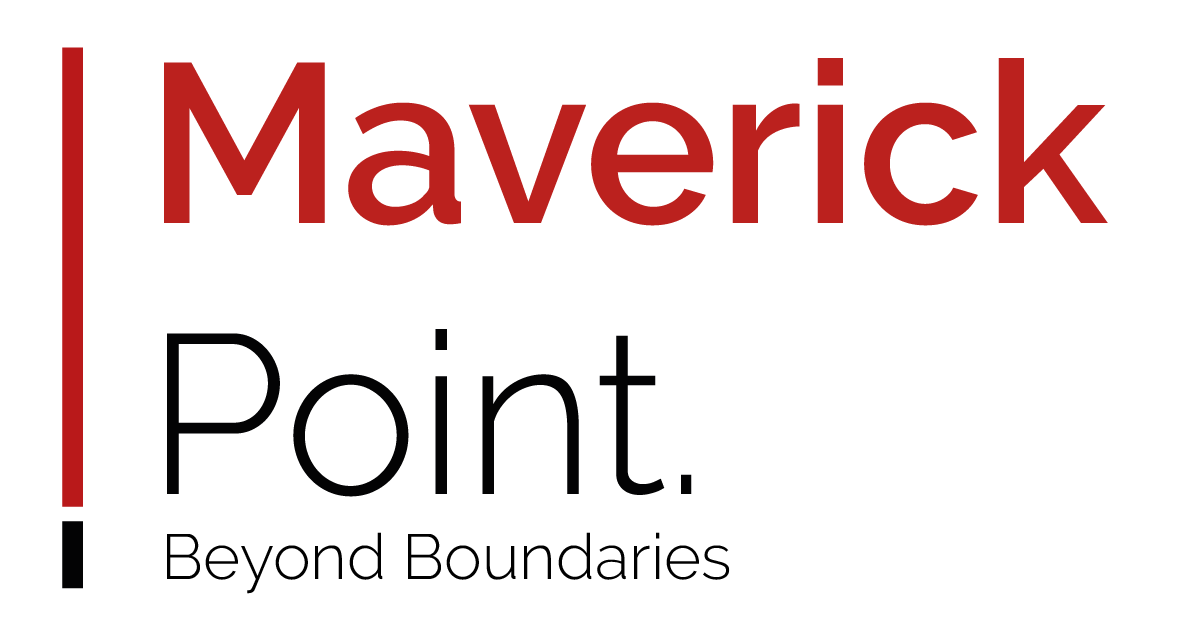By Bafana Phalane
The South African health sector has once again come under the national spotlight, not only because of mounting pressures within the system, but also due to growing public debate around the future of healthcare in the country. Protests outside hospitals in Johannesburg and other urban centres have turned into heated pickets, some even targeting immigrant patients, framed around claims that South Africa’s already strained health system can no longer cope with the dual burden of citizens and non-citizens alike.
These demonstrations, while emotionally charged, signifies a much larger and systemic issue that can no longer be ignored: our current healthcare model is unsustainable, unjust, and inefficient. It is time to accept what growing evidence and lived reality are already telling us, National Health Insurance (NHI) is not just an idealistic reform, it is an urgent necessity.
South Africa currently operates a deeply divided, parallel health care system. On one side, 17% of the population, those fortunate enough to afford medical aid access high-quality care in private facilities. On the other side, a staggering 82% of South Africans, or roughly 45 million people, rely on an overstretched public health sector. These numbers are not just statistics, they are a reflection of a nation divided by income, geography, and opportunity.
And yet, despite the private sector serving a minority of the population, it consumes the lion’s share of healthcare resources. A shocking 51% of total healthcare expenditure is directed toward private healthcare, catering to just 14% of the population. The remaining 86% of South Africans must rely on less than half of the total budget. This skewed distribution of funds not only perpetuates inequality, it undermines the very foundations of a just society.
The public health sector, though often criticised for its inefficiencies, has achieved remarkable feats under immense pressure and constrained resources:
- Over 1 million babies are delivered annually in public hospitals, compared to just 140,000 in private facilities.
- Public hospitals treat 94% of all HIV-positive individuals, and 100% of TB patients.
- 98% of childhood vaccinations are administered by the public system.
- Maternal mortality has declined significantly, and mother-to-child HIV transmission has dropped from 70,000 in 2004 to just 634 by March this year.
These achievements are not minor victories, they are milestones made possible by dedicated public servants and a health infrastructure that, while under-resourced, continues to serve the overwhelming majority of our people.
At its core, National Health Insurance seeks to unify the fractured health system by pooling funds and ensuring that every South African, regardless of income, employment status, or geography has access to quality healthcare. It proposes a simple but powerful idea: that health is a right, not a privilege reserved for the wealthy.
Critics argue that the NHI is too ambitious, too costly, or too idealistic. But the truth is this: the real challenge is not lack of money, but misallocation. Public funds are currently subsidising the private healthcare of government employees and others, while millions of poor South Africans are left to struggle with limited access, long queues, and sometimes life-threatening delays in care.
Health Minister Aaron Motsoaledi recently stated in Parliament that “we cannot continue to run two healthcare systems” one funded and cushioned, the other starved and burdened. He is right. It is ethically indefensible and economically unsustainable to continue privileging private profits over public health.
The private sector, while playing an important role, must no longer operate in isolation from the national agenda. It is time to ask: What kind of country do we want to be? One where access to life-saving care is determined by the depth of one’s pockets or one where we uphold the dignity of all our citizens equally?
Rapid population growth, emerging health crises, and the ever-present threat of pandemics mean South Africa cannot afford to wait. The health system is nearing breaking point, and if reforms are delayed further, we risk facing disasters beyond our capacity, financial or otherwise to recover from.
The NHI is not a silver bullet, but it is the most viable path forward. It is the only way to correct a legacy of health inequality, redistribute resources more fairly, and build a system that prioritises people over profits.
Healthcare reflects our deepest values as a nation. The NHI offers us a chance to align our systems with our constitutional ideals of equality, dignity, and justice. It’s time for South Africans, from all walks of life to unite behind this vision. Because a nation is only as strong as the health of its people.
Let us not miss this moment.
Bafana Phalane: Founder & Editor @ Maverick Point







